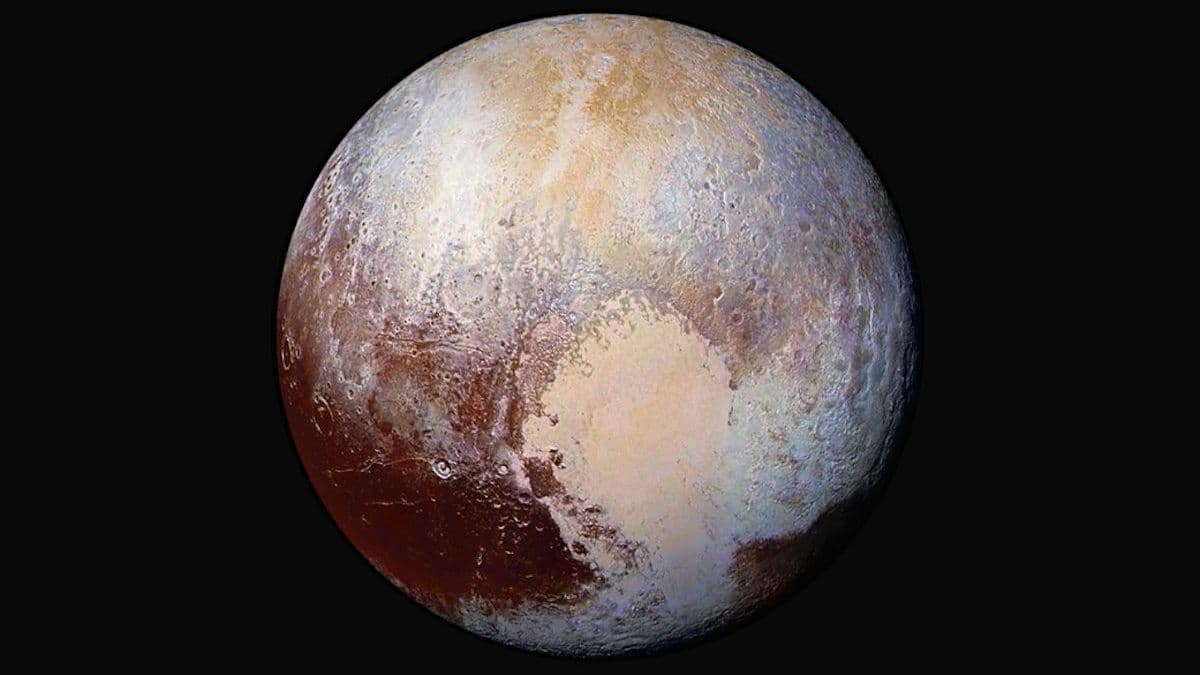Although he was removed from that post, scientists want Pluto to be considered a planet again. Besides this one, they intend for other celestial bodies to join him.
Apparently, everything depends on the definition of “planet” that is adopted.
A new study carried out by Florida Space Institute from the University of Central Florida (UCF) analyzed centuries of literature on the planet and found that the decision that led to Pluto's demotion as a planet had its origins in extremely ancient ideas.
By mixing astrology and astronomy, scientists believe that the decision should be reversed and that Pluto should regain the nomenclature of planet.
Scientists claim that literature supports Pluto's return to the list of planets
As the father of astronomy, Galileo Galilei argued that the main factor for an object to be considered planet it was evidence of geological activity.
According to the UCF study, that definition was stuck from the 1600s to the early 1900s.
We found that there were enough almanacs to be sold in England and the United States and that each family could get one copy a year. This was a key period in history when the public accepted that the Earth orbits the Sun rather than the other way around, and combined this great scientific insight with a definition of planets that came from astrology.
revealed Philip Metzger, UCF planetary scientist.
Previously, objects such as moons and asteroids could be considered planets under Galileo's definition. However, astrology now requires the concept of a specific number of planets to make predictions.
Planets were no longer defined because they were complex, with active geology and potential for life and civilization. Rather, they were defined by virtue of being simple, following certain idealized paths around the Sun.
Disse Metzger.

Philip Metzger, UCF Planetary Scientist
-
According to the scientist, the expansion of planetary science in the 1600s represented a metaphorical release of Galileo – who had been imprisoned because of the theory of heliocentrism.
But around the early 1900s we put him back in prison when we adopted this popular concept of an ordered number of planets. So we rejected Galileo. So what we are trying to do, in a sense, is to get Galileo out of prison again.
Explained the scientist.
The aim of the UCF scientists is for the International Astronomical Union to take the investigation into account and decide to reintegrate Pluto. More than that, scientists believe that, once the investigation is validated, instead of eight planets, the Solar System could know many more, since there are several candidates, such as asteroids and moons.
Read too:
-


